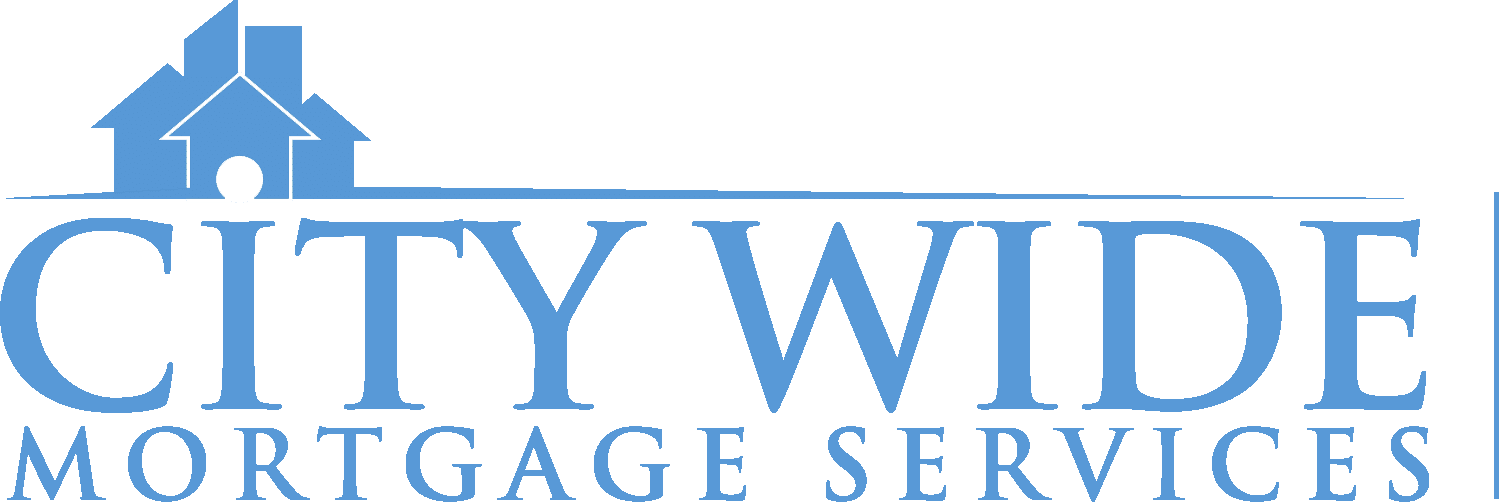Bank of Canada raises 0.25% – July 2023
Good morning, The Bank of Canada raised rates 0.25% at this mornings rate announcement. This is the second consecutive increase after the 5 month pause to start the year. With inflation continuing to ease, the downward path has come more from lower than expected energy prices & less from underlying inflation, with core inflation (when you take out fuel & food) remaining persistent in the 3.5-4% range. It was this point last year where inflation began to decelerate which will make the 2nd half of this year interesting as we will be facing easing comps from 2022. The Bank expects inflation to settle to 3% for the next year before gradually declining to 2% in the middle of 2025. GDP growth is essentially unchanged however expectations for growth has gone up slightly, due to surging population growth. Canada’s population grew by 1.2 MILLION in the past year as of Q2. I know this comes up a lot but it’s a staggering number. |
 |
As per the Fraser Institute, Canada’s per person GDP is growing at the slowest rate since the 1930s & the Great Depression. This isn’t healthy, productivity driven growth. On the individual level we continue to be worse off. Unemployment has risen to the highest level since February 2022. Business outlook has fallen to the weakest since the depth of the pandemic, but the Bank sees consumer price gains held up by high government spending & strong demand. The question today is, with inflation continuing to come down, with unemployment rising, with GDP negative on a per Canadian basis, why have we now seen 2 hikes since the pause? Mortgage interest costs are adding nearly a single percentage point to CPI. |
 |
 |
The Bank of Canada cannot control immigration. They can’t build homes & know that rates at these levels hurt housing supply as developers pull projects & sellers hold off in order to hang onto their lower mortgage rates. The Bank of Canada raising rates today is a commitment to crushing the economy & demand. Considering the heavy handed approach we saw when the pandemic hit, urgently dropping rates to basically zero, then the extraordinary move of keeping rates unchanged as inflation marched well beyond their 2% target as their intention was to “let it run hot,” & now the extreme level of rate hikes & unusual move to go back to raising after pausing, can you really envision a scenario where this ends well? We know where this is going, everyone knows how much their spending has changed over the last year & a half. The painful uncertainty is when we will get there & where will rates be when we get there. Leading into this meeting, CIBC economist Andrew Grantham said in a recent report they think today’s hike will prove the peak & with rates starting to cut around the middle of 2024. So, what should you do? If you’re in a fixed rate mortgage, raise your payments. Start preparing for higher rates at renewal & paying down more principal to lessen that potential blow waiting down the road. If you’re in a variable rate, you can lock in to a rate that’s going to be about the same as what you’re in now, if not moderately better, but doing that takes on a significantly higher penalty risk if you break your mortgage early, takes away the ability to benefit when rates do eventually drop & only really pays off if we continue to get more hikes & rates don’t come down. If you’re in a fixed payment variable, know that locking in will raise your monthly payments as your amortization will have to get back on track. If cash flow is the concern, you’re best off raising payments by enough so that you’re continuing to pay off some principal then reevaluating when the rate cycle turns. At renewal, assuming you have the minimum 20% equity & qualify, you can always refinance up to 30 years to lessen payment shock if rates are still elevated but if you are able to stomach higher payments you will thank yourself down the road by raising by as much as you can handle now. Make no mistake, you can’t have the level of debt we have as a country, raise rates by this level, and squeak out a soft landing & avoid recession. Rate hike cycles end in recession. If you would like to discuss any of this please get in touch with me today. |
